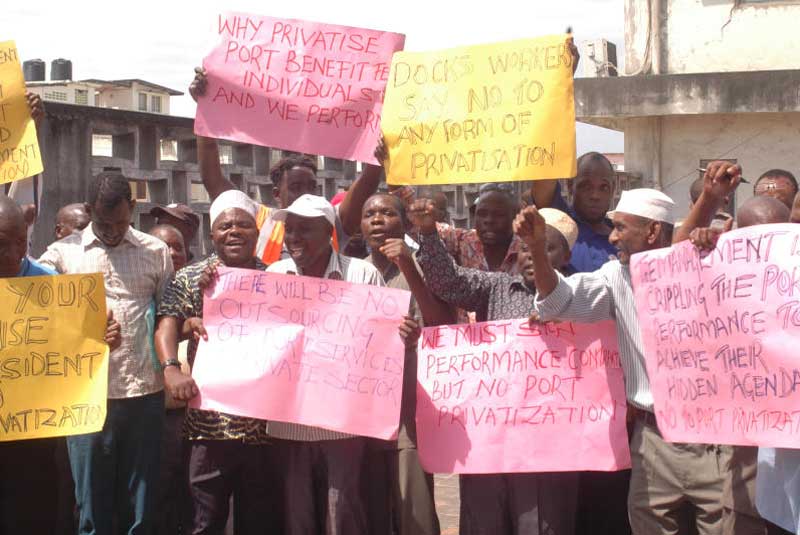×
The Standard e-Paper
Stay Informed, Even Offline

The 11 board members of the Privatisation Commission met 32 times during the 2015/16 financial year to deliberate on issues pertaining to the privatisation of the Government-owned companies.
For their troubles, the board members were paid Sh11.3 million as sitting allowances and other expenses, including travel allowances. Over the same year, the Commission paid its employees Sh104 million in basic salaries as well as other perks including commuter allowance, leave allowance and gratuity.